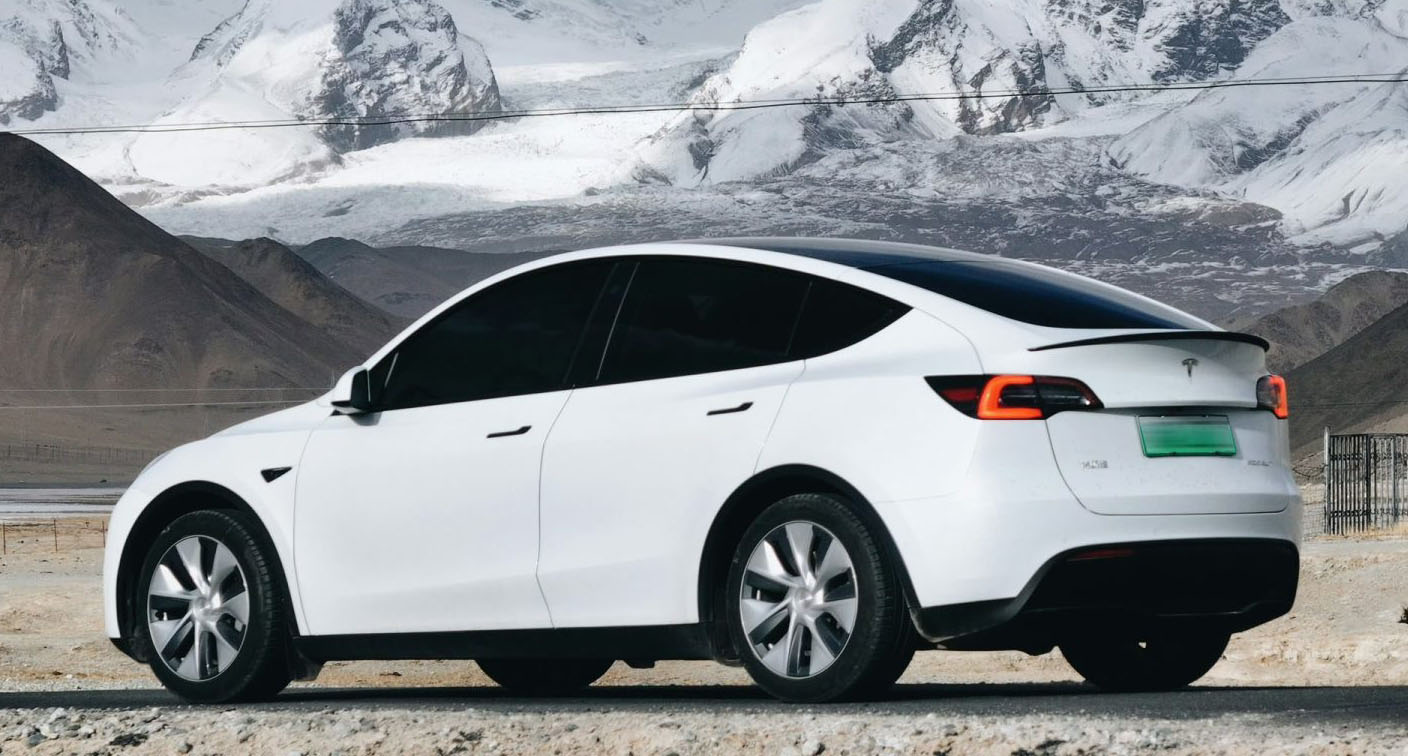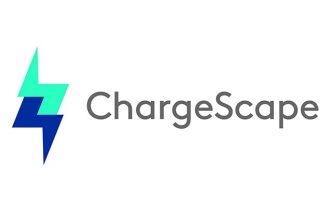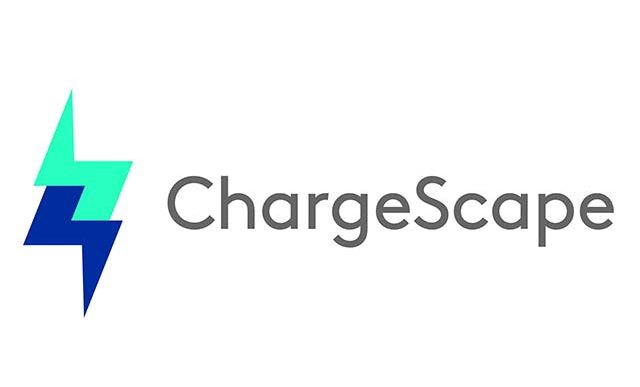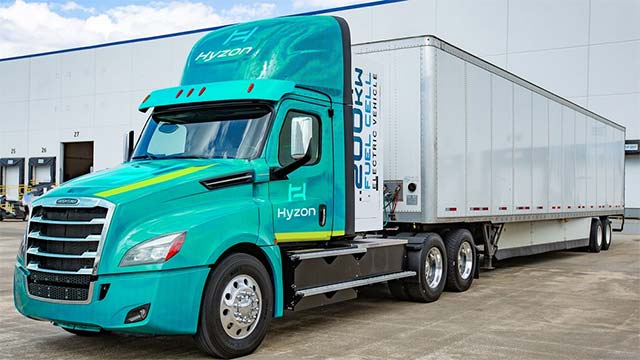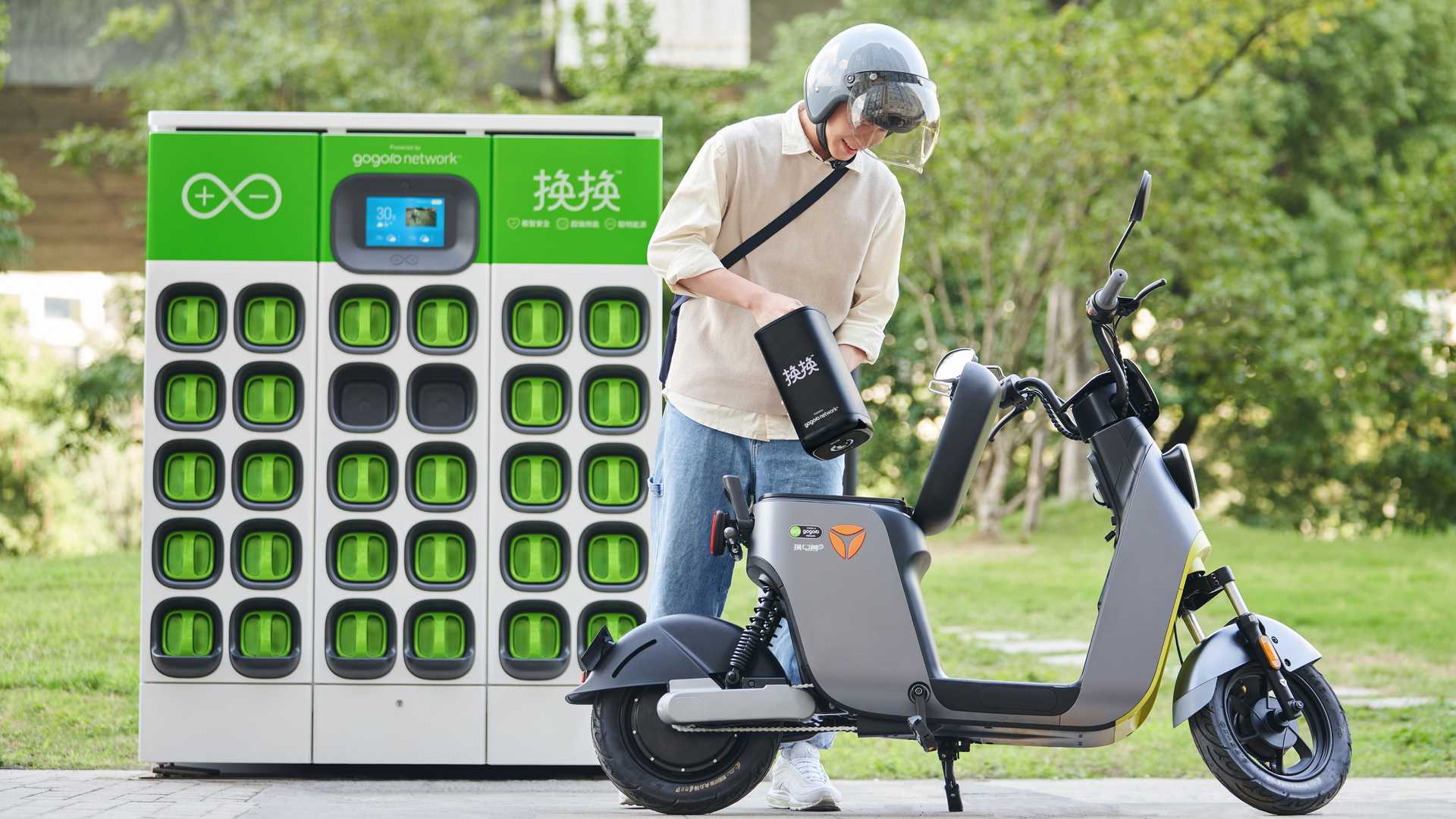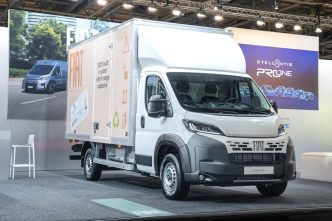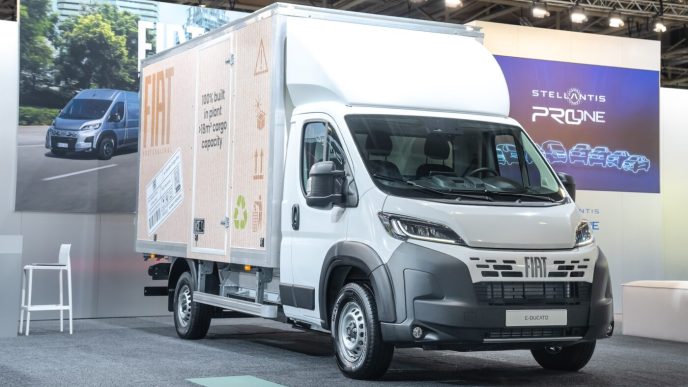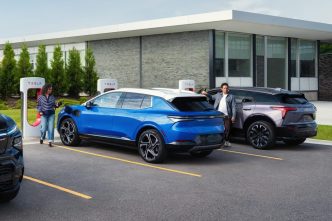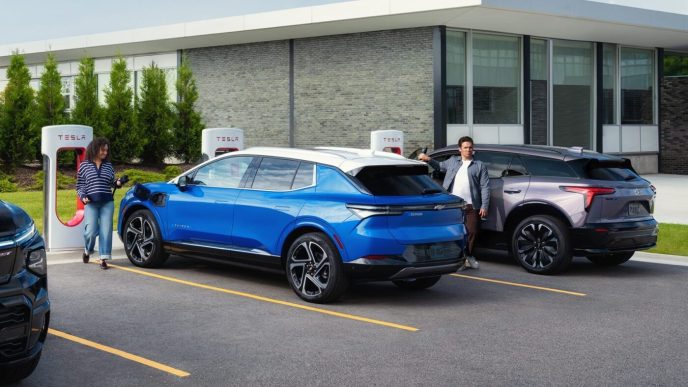Norway, a leading oil exporter, has marked a significant milestone in its shift towards electric mobility. According to recent data from the Norwegian Road Federation, the number of electric vehicles (EVs) on the country’s roads has now overtaken petrol-powered cars, underlining Norway’s transition to a greener transport sector.
Out of 2.8 million private cars registered in Norway, 754,303 are fully electric, surpassing the 753,905 petrol-driven vehicles. While diesel cars still make up nearly one million registrations, sales of diesel models are steadily declining.
Norway, with a population of 5.5 million, has set an ambitious goal of ensuring all new car sales are zero-emission by 2025, well ahead of the European Union’s target. In August, EVs accounted for 94.3% of new car registrations, driven in large part by the popularity of the Tesla Model Y.
The country’s rapid adoption of electric vehicles has been fueled by generous incentives, including tax breaks and exemptions, funded by Norway’s $1.7 trillion sovereign wealth fund, which is largely sourced from oil and gas revenues. Buyers of electric cars are exempt from sales tax, and additional benefits like free parking, toll exemptions, and access to extensive charging infrastructure—such as the 2,000 charging stations in Oslo—have further boosted EV adoption across the country.
These measures have helped position Norway as a global leader in electric vehicle uptake and underscore the nation’s commitment to a zero-emission future.

